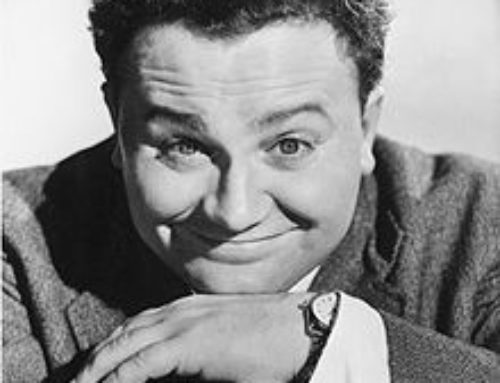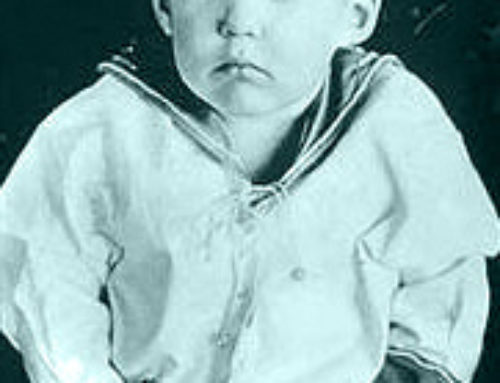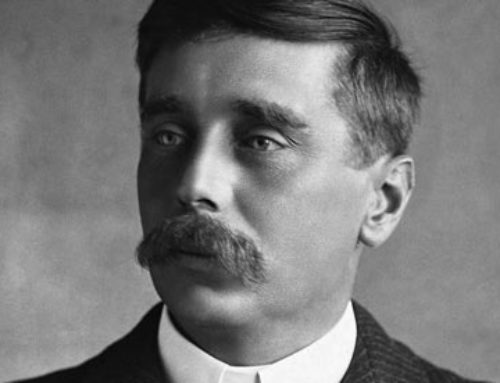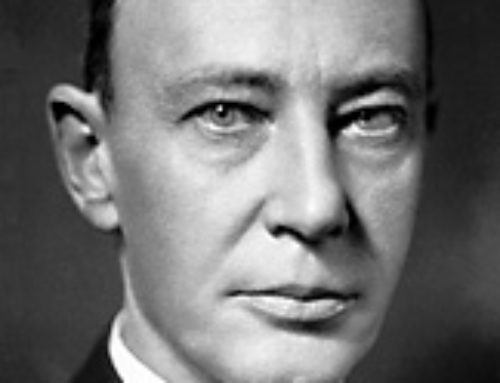Project Description
Albert Ellis was born in Pittsburgh, Pennsylvania in 1913. He had a very distant emotional relationship with his parents, and described his mother as a self-centered woman who struggled with bipolar. After raising his younger brother and sister and dealing with many personal health issues, Ellis left his family to study at the City University of New York. Upon graduating in 1934 with a Bachelor’s Degree, he began writing on sexuality and turned his attention to psychology. He enrolled in the Teachers College, Columbia and received his Master of Arts in clinical psychology in 1943. Ellis continued his studies at Columbia, and earned his doctorate in 1947. He studied various psychological theories, including Sigmund Freud’s, and was a strong proponent of psychoanalysis. He began practicing and took teaching positions at both Rutgers and New York University.
Despite his rough upbringing, Ellis was a determined young man. In 1934 he attended the City University of New York, where he earned his Bachelor’s degree in business. He then went on to study at the Teachers College, Columbia University, where he earned his Master of Arts in clinical psychology, with a focus on psychoanalysis. Ellis earned his Ph.D. before he began teaching at New York University and Rutgers University.
In 1953, Ellis began advocating a much more direct and active type of psychotherapy. He called this new approach Rational Therapy, which he later renamed Rational Emotive Behavior Therapy. It hinged on the therapist helping the patient to understand that his own personal philosophy contributes to his emotional pain, and then acting on that understanding. This new theory proposed that, through rational analysis and cognitive reconstruction, patients could recognize their irrational beliefs and self-defeating behaviors, and ultimately develop more rational beliefs and behaviors.
In 1954 Ellis began teaching his new approach to other therapists. The following year he proposed that therapists help people adjust their thinking as well as their behavior through the treatment of emotional and behavioral problems, formally setting forth the first cognitive behavior therapy. Then, in 1959 Ellis founded the nonprofit organization “The Institute for Rational Living”, a training institute and psychological clinic.
Albert Ellis was also a well-known sexologist who eventually came to be seen as one of the founders of the American sexual revolution. He explored human sexuality and love in a number of books, his most noted was Sex without Guilt, a liberal exploration of sexual attitudes that he later re-wrote and re-titled Sex without Guilt in the Twenty-First Century.
Ellis’s cognitive behavioral therapies gained a lot of ground in the 1960s, becoming one of the primary schools of psychotherapy in many countries. His impact was so great that many American and Canadian clinical psychologists consider him more influential than Freud. Ellis also served as the editor of numerous scientific journals. Ellis also worked with many prestigious professional societies such as the American Psychological Association, the Society for the Scientific Study of Sexuality, the American Academy of Psychotherapists, the American Association of Marital and Family Therapy, and the American Association of Sex Educators, Counselors, and Therapists.
Ellis suffered from health problems his entire life, including the diagnosis of his insulin-dependent diabetes at the age of 40. On July 24, 2007 Albert Ellis died of natural causes at the age of 93. He practiced psychotherapy, sex therapy, and marriage and family counseling for over sixty years. He had written over 80 books and 1200 articles, and was regarded as one of the most influential psychotherapists of his time with his own Albert Ellis Institute in New York.






Leave A Comment